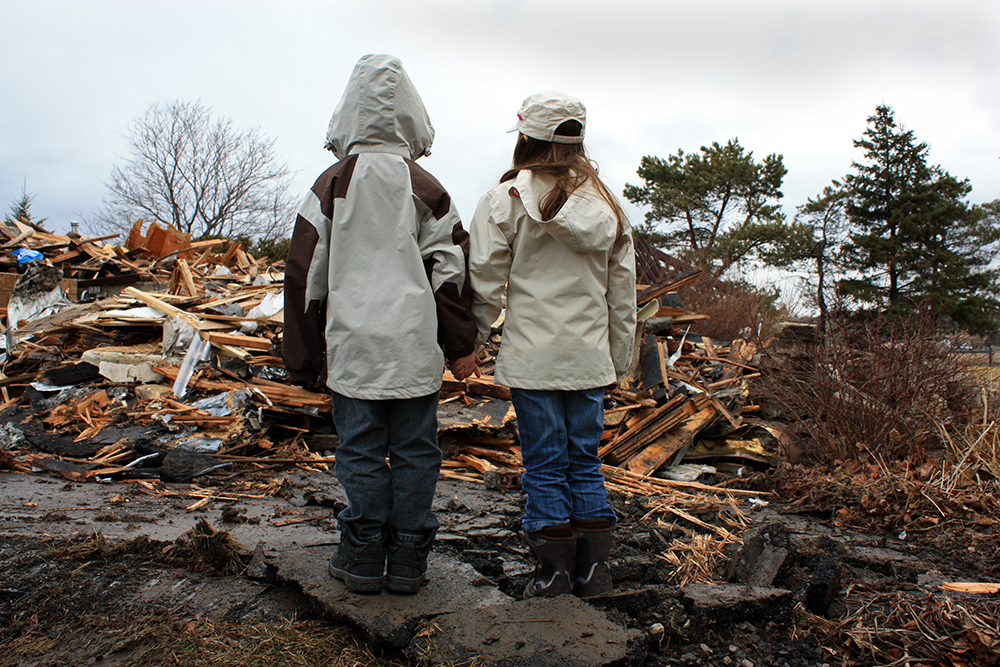Few emotional experiences are more painful than loneliness. We have all felt this way at some point. It could be 10 minutes, 10 days, or even 10 years. Some experience it over a lifetime.
No one should live with loneliness.
What is Loneliness?
I think of loneliness as being relationally incomplete. Being relationally incomplete means there is something missing (inside) that longs to have a person there. It’s like a hole in your heart in the metaphoric sense.
Much of the time, you’re lonely for a specific person, like your spouse or a friend or your boyfriend or girlfriend. Sometimes, you may miss your parents, especially if they’ve passed away.
Other times, loneliness might be a general feeling of, “I’m always relationally incomplete.” People who are lonely make feel like they’re walking through life with something missing. This often can feel really bad because you don’t think you can do anything about it.
These Tactics Don’t Work
Loneliness can become overpowering if you are not mindful. Maybe you’ve experienced this in your own life.
First and foremost, do not ignore your feelings of loneliness and/or try to power through it. All of us get busy: we work hard and try to do well in our jobs, and get involved in activities and hobbies. While those things are great, they aren’t a cure-all for the feeling of loneliness. The reason these activities don’t “fix” our loneliness is simple: loneliness is about relationships, whereas work and hobbies are about tasks. Just being busy isn’t going to fix the outlying problem of feeling disconnected from others.
Second, stop hoping for a fairy tale. That’s where you wish somebody would come along and rescue you out of your loneliness. Sorry, that’s not realistic! In the clinical world, we call that a “passive rescue wish.” A “passive rescue wish” means I want to sit back and hope somebody calls, texts, or comes and knocks on the door. It’s when you expect someone to save you (instead of saving yourself.) If you are waiting for someone else to help, you’re not taking charge of your own loneliness and happiness. I strongly encourage you to reach out when you are feeling lonely to a good friend or close family member so you can start to recognize how being proactive can help combat isolation. There is nothing wrong with asking for a little help!
The third thing that won’t work relates to dropping our standards in order to stop the feeling of loneliness. Basically, we allow anyone and everyone to have some of our time and energy because we long for human connection. If those people are positive influences, that’s great, but what if they are toxic people, highly dysfunctional people, or narcissists? Sometimes we have to consider the quality of the company; be mindful of what is getting your energy/attention.
You CAN do better than that.
Follow These 4 Steps to Work Through Loneliness
Now that we’ve covered a few things you shouldn’t do to when dealing with loneliness, here’s what you can do if you are experiencing this difficult emotion.
- Recognize that loneliness is normal. Be aware that feeling lonely is very normal. Everyone at some point in their life will feel disconnected from others. Don’t beat yourself up for that. Instead, recognize your loneliness and then take a step forward to change it.
- Focus on the safe people in your life. If you don’t have anybody, you have to make the effort. For example, if you’ve just moved to a new town, find a really healthy church and reach out and say, “Can we have dinner?” When you have that dinner, you must be vulnerable. You must say, “I’m just not having dinner to talk about, you know, sports and vacation and stuff. I’ve kinda had a lonely time.” A safe person will go, “I had no idea. I had no idea you felt like that. Tell me more about it.” When you’re vulnerable, then their warmth and care gets inside and starts to finish that up.
- Take in the love. Relationships are life fuel. They are the nutrients that bring us happiness and joy. The good relationships in our lives are with people who give us acceptance and love, empathy and understanding, and they sometimes kick us in the butt. That feeling of love energizes us to go create something, to start that business, to be a great parent, or go serve others. Loneliness gets solved when you take in the great energy people give you.
- Give and receive. What we put out into the world is what we receive in return. Be grateful and demonstrate gratitude. What you focus on becomes your priority, so be determined to live graciously with yourself and others. Loneliness only truly begins to dissipate when we are vulnerable with others and offer warmth, grace, and truth in return.
Hopefully, these four tips will help you combat the feeling of loneliness. You can also try getting around someone you care about and just saying, “I’d like to spend some time with you, I’m feeling lonely right now.” Give them the opportunity to show you how much they care and then use that energy to go do something you’ve been meaning to do.














